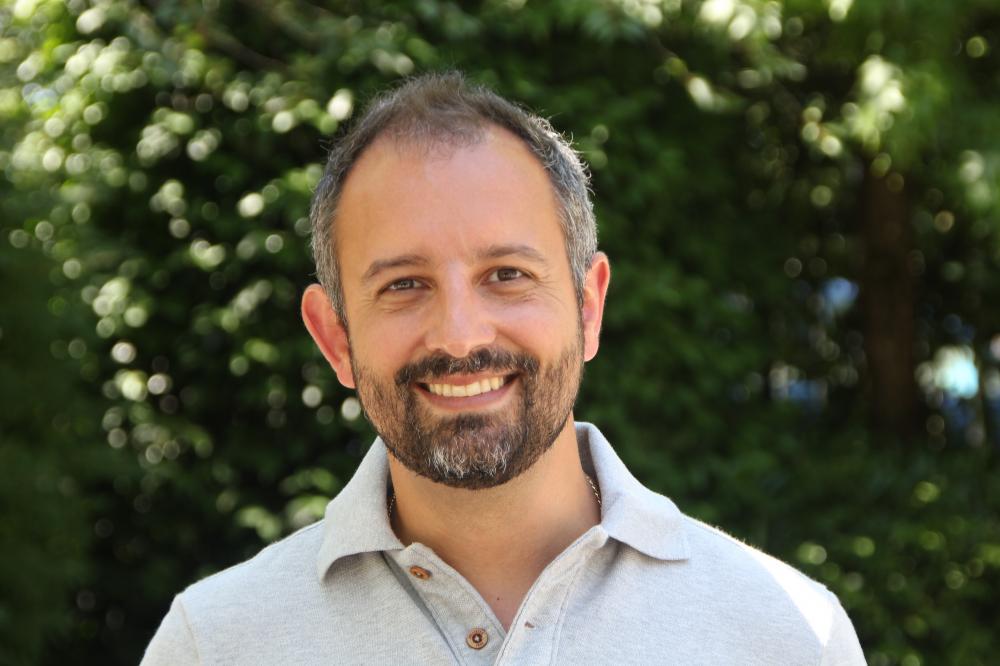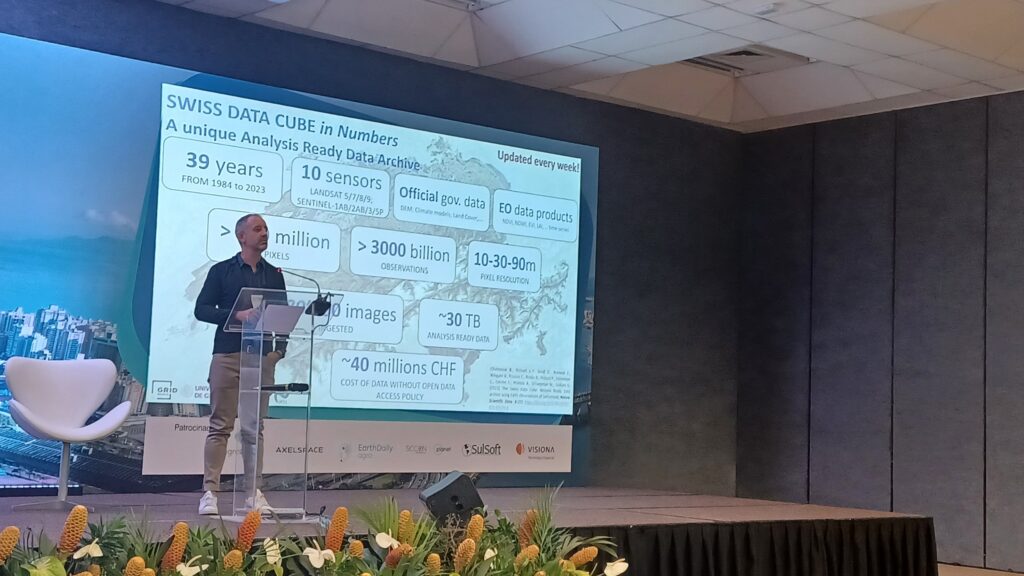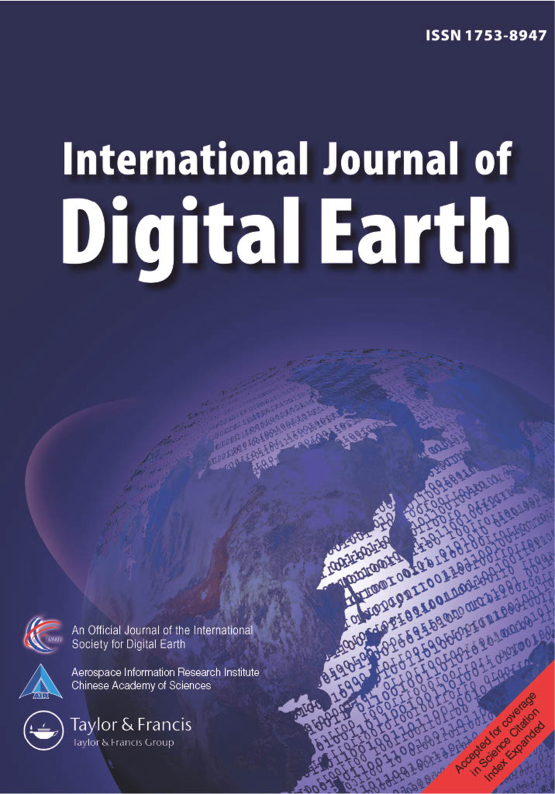Meet the Editor:
Dr Gregory Giuliani
In this edition of our “Meet the Editor” series, we speak to Dr Gregory Giuliani, Editor of International
Journal of Digital Earth (IJDE). Gregory is a senior lecturer at the University of Geneva and environment
scientist specializing in Geographical Information Systems (GIS) analyses and Spatial Data Infrastructures
(SDI). Here, he shares the importance of his field of work, his day-to-day role as an editor and the
contributions of Digital Earth research to today’s issue of climate change.
Can you introduce yourself, give us a brief description about who you are, and where you are based in the world.
I’m a geologist and environmental scientist specialising in Geographical Information Systems (GIS) analyses and Spatial Data Infrastructures (SDI). Currently I’m a Senior Lecturer in Earth Observations at the University of Geneva, and also Head the Digital Earth Unit at GRID-Geneva of the United Nations Environment Programme (UNEP).
In a few sentences, please describe the focus of your work.
I believe that Interdisciplinarity is a key element for generating new ideas and innovations. My interests span across various areas such as SDI, GIS, Open Data, and Environmental Sciences. This has always accompanied my research where I now focus on Land Change Science and how Earth observations can be used to monitor and assess environmental changes to support sustainable development.


What sparked your interest in this field and why is it important?
Since I was a child, I was always impressed by anything related to space technologies. Growing up in Switzerland where nature was present all around greatly influenced my work on environment protection today.
When I did my university curricula in Earth and Environmental Sciences involving satellite data, I found the interesting discovery of satellite sensors being able to complement on-ground measurement/observation systems. Satellites have been continuously observing the Earth since 1972, giving us access to more than 50 years of consistent observations of the entire planet and how landscapes and the environment have changed.
In today’s climate and biodiversity crisis, such capabilities together with Data Science techniques like Machine Learning and Big Data are essential to guide efficient and effective actions to urgently protect our environment.
What lead you to become an editor with IJDE, and could you briefly share what your day-to-day role as an editor?
I became familiar with IJDE when I was doing my PhD back in 2009. At that time, it was an emerging journal with many interesting contributions on the field of Digital Earth and I felt it was a great journal for me to submit to and contribute to the Digital Earth initiative. Since obtaining my PhD, I frequently contributed to both the International Journal of Digital Earth (IJDE) and Big Earth Data (BED), which are official publications of the International Society for Digital Earth (ISDE).
I was appointed as Council Member of ISDE in 2018 which motivated me to strengthen my involvement in the industry. With support from Professor Changlin Wang who serves as the Executive Editor in Chief of IJDE and BED, I joined the Editorial Board of both journals.
My day-to-day role involves me working with colleagues to monitor the many contributions we receive before sending them for review. One important aspect of the process is to ensure that the contributions that will be published are significant to the DE vision i.e., scientifically relevant, and of good quality. Being based in Europe, I strive to promote IJDE in my region and to supporting the DE vision globally.
With climate change being one of today’s paramount concerns, what are the main contributions that Digital Earth research provides towards the issue?
I think DE research can really act as an integrator for different disciplines, communities, and technologies to monitor the environment. It allows us to explore possible futures according to different scenarios, and this can then help decision makers to gain sufficient knowledge about pressing environmental issues to make informed decisions for the benefit of humankind.
What advice would you give to early career researchers who are just starting out in this field?
Be curious, and never stop learning. Do your best to collaborate and cooperate with others and make your research open and reproducible by complying with FAIR principles – improving the Findability, Accessibility, Interoperability and Reuse of digital assets.

About the Journal
International Journal of Digital Earth is the official journal of the International Society for Digital Earth. The journal is a response to the Digital Earth initiative and its aim to improve social conditions, protect the environment, and support future sustainable development.
